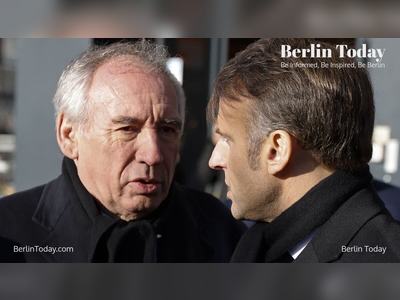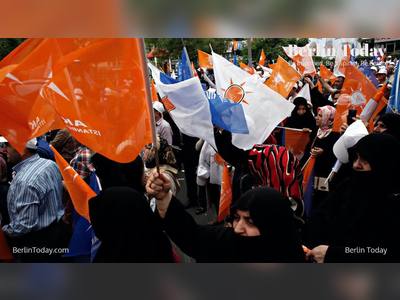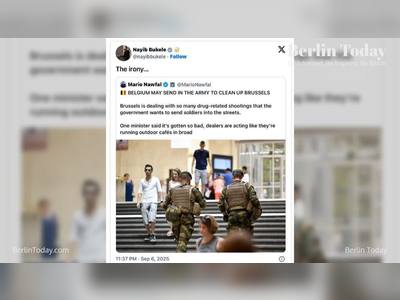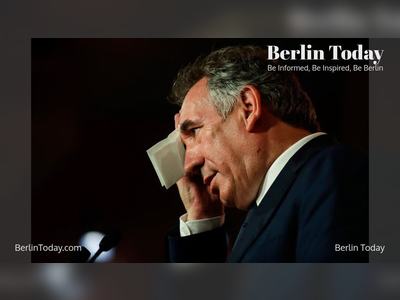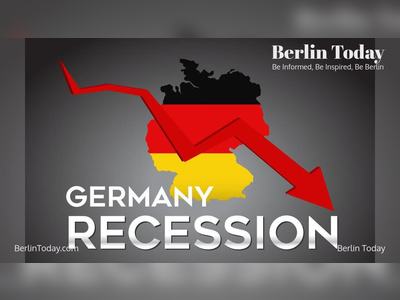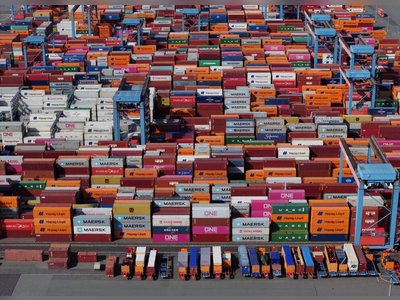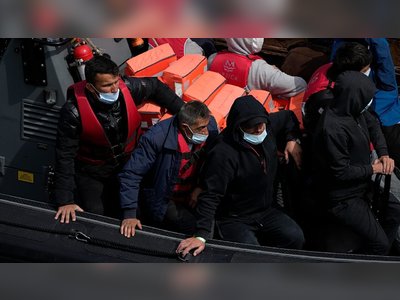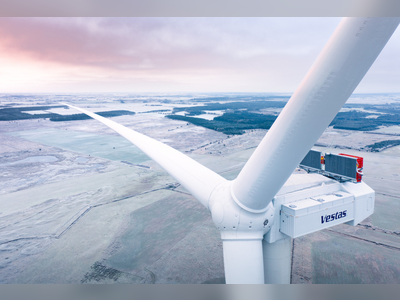The Country That Got Too Rich? Public Spending Dominates Norway Election
As Norwegians vote in a closely fought parliamentary contest, debate centres on how to use the two-trillion-dollar oil fund, adherence to the three-percent fiscal rule, costly public projects and the future of the wealth tax.
Norway heads into its parliamentary election with an unusually sharp focus on what to do with unprecedented national wealth.
The campaign has been dominated by arguments over the scale and quality of public spending and the use of the country’s two-trillion-dollar sovereign wealth fund, with some candidates warning that Norway may have become “too rich” for its own good.
At the core of the debate is the fiscal rule that limits structural non-oil budget spending to the fund’s expected real return—cut from four percent to three percent in 2017—to safeguard savings for future generations.
Even within that framework, cash use of the fund has risen: the government set 2025 fund spending at about five hundred forty-two billion kroner, or roughly fifty-two billion dollars.
High-profile projects have become lightning rods for criticism.
Opponents cite a planned ship tunnel with a price tag running into the hundreds of millions of dollars, a renovation of the Storting (parliament) that spiralled to multiple times its original budget, and failed information-technology programmes costing hundreds of millions.
Fresh tender results suggest the ship-tunnel bids exceed approved limits, leaving the project in doubt.
The spending argument has widened into concerns about state performance.
Analysts point to weak productivity growth by rich-country standards and strains in schools and healthcare, while the bill for sickness and disability benefits remains among the highest in the industrialised world.
Norway still scores highly on prosperity measures, but its lead over peers has narrowed over the past fifteen years.
Policy fault lines run through tax and redistribution.
The future of Norway’s wealth tax—a levy on net assets above a set threshold—has been a defining issue.
About four-point-three million citizens are eligible to choose the one-hundred-sixty-nine-member Storting, with results determining whether the centre-left keeps its model of high-service welfare financed partly by the fund, or whether a right-leaning coalition trims taxes and reins in spending growth.
The election has also touched the fund’s role on the world stage.
Ethical screens and recent divestment decisions—some involving companies linked to Israel—have drawn diplomatic attention, underlining how Oslo’s portfolio choices reverberate beyond its borders.
Veteran leaders from across the spectrum caution against complacency.
They argue that even a giant fund cannot permanently mask inefficiencies or slower competitiveness, and that credible discipline on public outlays—as well as better outcomes from each krone spent—will be decisive in sustaining Norway’s model.
The campaign has been dominated by arguments over the scale and quality of public spending and the use of the country’s two-trillion-dollar sovereign wealth fund, with some candidates warning that Norway may have become “too rich” for its own good.
At the core of the debate is the fiscal rule that limits structural non-oil budget spending to the fund’s expected real return—cut from four percent to three percent in 2017—to safeguard savings for future generations.
Even within that framework, cash use of the fund has risen: the government set 2025 fund spending at about five hundred forty-two billion kroner, or roughly fifty-two billion dollars.
High-profile projects have become lightning rods for criticism.
Opponents cite a planned ship tunnel with a price tag running into the hundreds of millions of dollars, a renovation of the Storting (parliament) that spiralled to multiple times its original budget, and failed information-technology programmes costing hundreds of millions.
Fresh tender results suggest the ship-tunnel bids exceed approved limits, leaving the project in doubt.
The spending argument has widened into concerns about state performance.
Analysts point to weak productivity growth by rich-country standards and strains in schools and healthcare, while the bill for sickness and disability benefits remains among the highest in the industrialised world.
Norway still scores highly on prosperity measures, but its lead over peers has narrowed over the past fifteen years.
Policy fault lines run through tax and redistribution.
The future of Norway’s wealth tax—a levy on net assets above a set threshold—has been a defining issue.
About four-point-three million citizens are eligible to choose the one-hundred-sixty-nine-member Storting, with results determining whether the centre-left keeps its model of high-service welfare financed partly by the fund, or whether a right-leaning coalition trims taxes and reins in spending growth.
The election has also touched the fund’s role on the world stage.
Ethical screens and recent divestment decisions—some involving companies linked to Israel—have drawn diplomatic attention, underlining how Oslo’s portfolio choices reverberate beyond its borders.
Veteran leaders from across the spectrum caution against complacency.
They argue that even a giant fund cannot permanently mask inefficiencies or slower competitiveness, and that credible discipline on public outlays—as well as better outcomes from each krone spent—will be decisive in sustaining Norway’s model.
Translation:
Translated by AI
AI Disclaimer: An advanced artificial intelligence (AI) system generated the content of this page on its own. This innovative technology conducts extensive research from a variety of reliable sources, performs rigorous fact-checking and verification, cleans up and balances biased or manipulated content, and presents a minimal factual summary that is just enough yet essential for you to function as an informed and educated citizen. Please keep in mind, however, that this system is an evolving technology, and as a result, the article may contain accidental inaccuracies or errors. We urge you to help us improve our site by reporting any inaccuracies you find using the "Contact Us" link at the bottom of this page. Your helpful feedback helps us improve our system and deliver more precise content. When you find an article of interest here, please look for the full and extensive coverage of this topic in traditional news sources, as they are written by professional journalists that we try to support, not replace. We appreciate your understanding and assistance.
